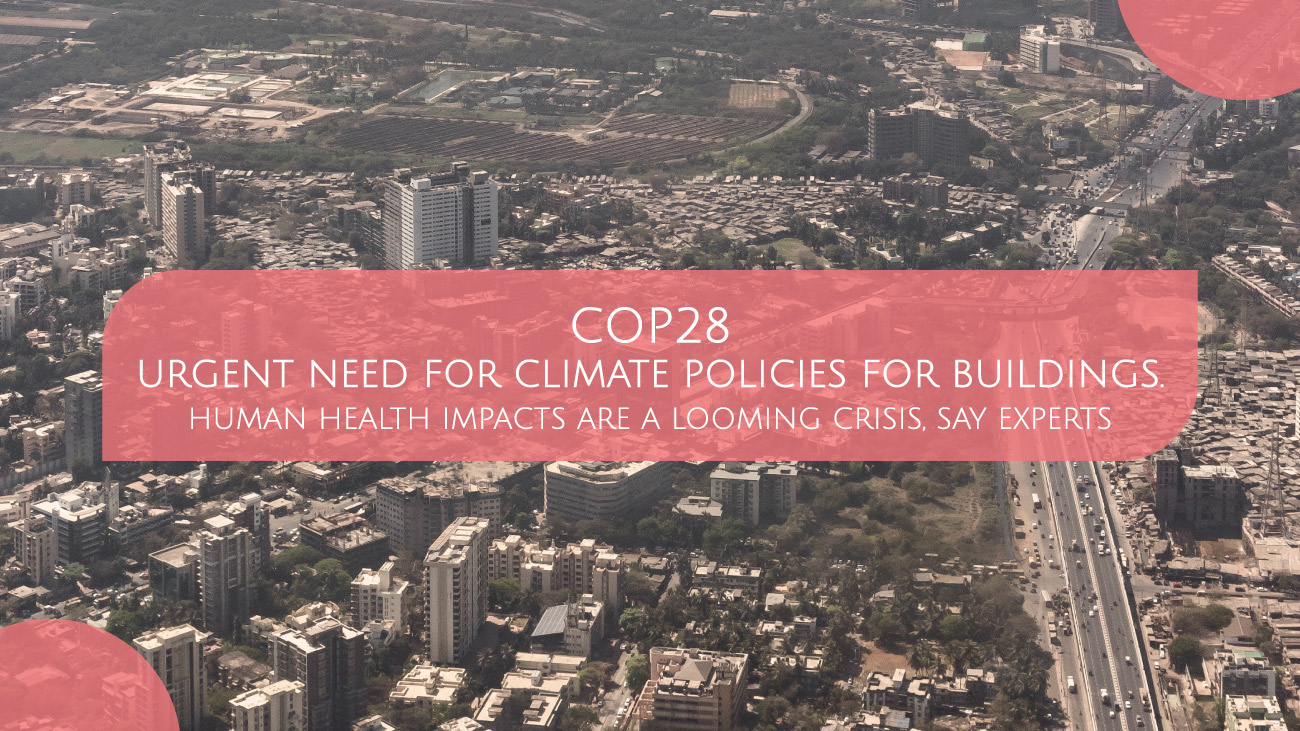
Human health impacts are a looming crisis, say experts
As national representatives converge next week in Dubai for COP 28, it is imperative that we take stock of one of the world’s biggest polluters – the building sector. Humans are facing serious challenges from climate change and its impact on our buildings. From scorching heat waves to devastating floods and wildfires, our homes and workplaces are taking a hit. And it’s not just about property damage – it’s also about our well-being.
GBPN projects have shown the impact of unsustainable buildings on inhabitants’ health. It’s the vulnerable in emerging markets that are the worst hit. People without access to well-insulated homes face increased health risks and heat-related deaths. Thermally uncomfortable homes can exacerbate chronic illnesses and disabilities, increase hospitalizations, and cause mental health issues and seasonal violence.
A silent offender flying under the radar
The construction sector is responsible for approximately 40% of global CO2 emissions. Without mitigation and adaptation efforts, the emissions from construction will rise by 13% by 2035 globally.1 While it is heartening to see more and more countries include building commitments in their NDCs, the attention is disproportionate to the impact on pollution caused by the sector. It will be interesting to note the outcomes of the first ever Global Stocktake at COP this year to assess the progress achieved since the Paris Agreement.
One of the primary reasons the built sector has escaped the spotlight is the perceived complexity in building decarbonization. Part of this complexity comes from the fact that mandatory thermal comfort or passive resilience provision are rare in energy codes. There are not enough jurisdictions that have piloted resilient building codes. Assessing the impact of resilience measures is perceived as time consuming and data not readily available.2
Our work in India and Indonesia has shown that we can demystify this complexity – by taking a bottom-up approach. Decarbonizing buildings might seem complex, but when you work with local experts who understand the local conditions, you can find solutions that use local resources, work well and are implementable for the conditions.
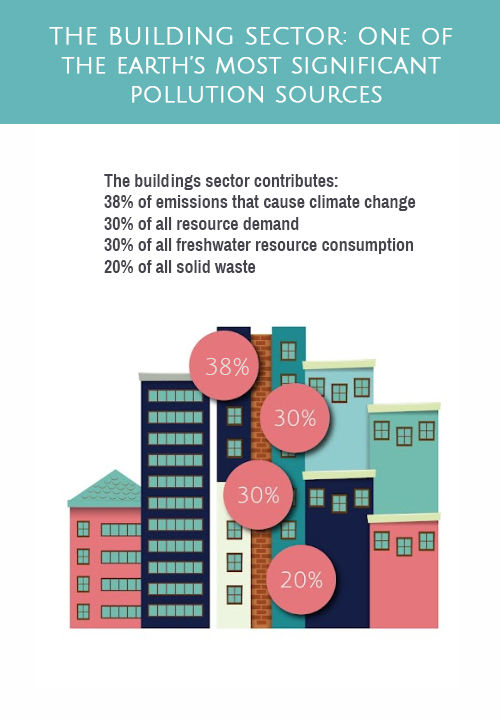

GBPN is working hard to make sure buildings are firmly on the agenda at COP28 and governments understand how much of a priority they are. Incremental change is no longer sufficient, we must now work towards transformative change. The only way we can achieve that is through a collaborative approach, with Governments, NGOs, private sector and financial institutions all working together.
Events with GBPN participation
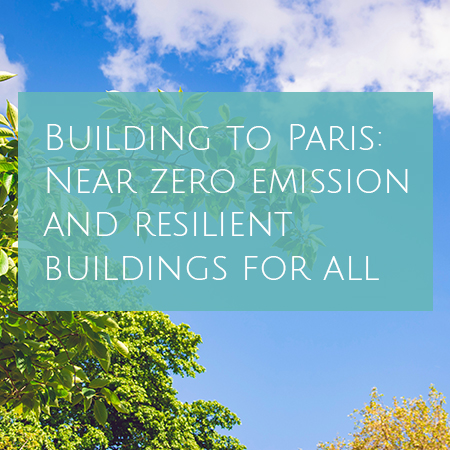
Building to Paris: near zero emission and resilient buildings for all
Dec 5, SE Room 1, 18:30 to 20:00, Side event
The event aims to put light on the decarbonization and climate adaptation of the building sector as key components of a climate policy to deliver future proof living spaces; and to announce the organization of the first Global Forum “buildings and climate” and disclose its goals. The event is co-organized by France, the Global Building Performance Network (GBPN) and the Building Performance Institute Europe (BPIE) in close association with International Union of Architect (UIA) and Federation Internationale des ingénieurs conseils (FIDIC).
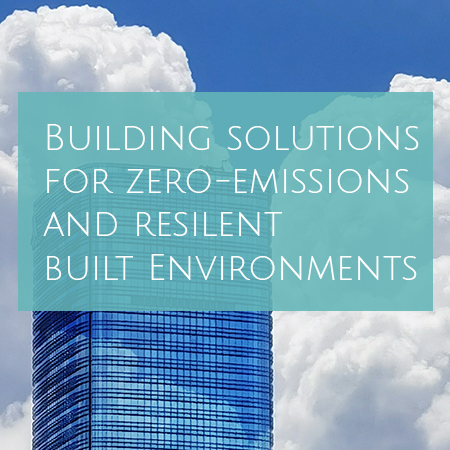
Building solutions for zero-emissions and resilent built Environments
Dec 6, Monash University Pavilion, Blue Zone, TA1, full day
The main goals of the event are to foster collaboration and co-funding across different sectors and funding sources, raising awareness about the impact of buildings on people and the environment through compelling narratives, promoting transparency in the performance of the built environment, showcasing alternative perspectives on the role of buildings and cities, providing actionable research and blueprints, and establishing incentives for a regenerative and equitable built environment. The event is staged by Monash University and supported by GBPN.
Watch this space or follow us on social media for more event updates and to see the highlights of the events.

Official launch event of the Buildings Breakthrough
Dec 6, 12:30-14:15, Al Waha Theatre, Presidency Space
Experience COP28’s milestone launch event for the Buildings Breakthrough. Themed “Buildings and Construction for Sustainable Cities.” Co-led by France and the Kingdom of Morocco and coordinated by GlobalABC, this platform unites 25+ nations to drive climate action in the buildings sector. Explore the vision of achieving near-zero emission, resilient buildings by 2030. Hear from Ministers, industry leaders, and key stakeholders as they discuss groundbreaking partnerships shaping the future of global cooperation in advancing the buildings and construction sector. This event is aiming for the release of its first priorities at the Buildings and Climate Global Forum, scheduled for March 7-8, 2024, in Paris.
Other Noteworthy Events
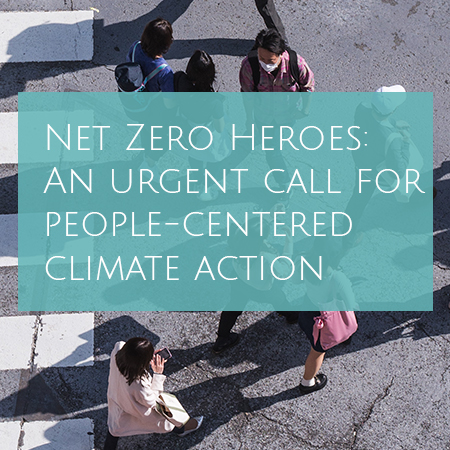
Net Zero Heroes – An urgent call for people-centered climate action
Nov 28th 9.00 am to 10.00 am EST, virtual pre-COP28 event by CLASP
CLASP will launch their landmark publication Net Zero Heroes: Scaling Efficient Appliances for Climate Change Mitigation, Adaptation & Resilience at the virtual event. Appliances like air conditioners, refrigerators, electric motors, and lighting are collectively responsible for nearly 40% of energy-related CO2 emissions. The publication shows how affordable, energy-efficient appliances are key to mitigating and adapting to the climate crisis and achieving the world’s Sustainable Development Goals.
CLASP will also be at COP 28 hosting and speaking at various events. Know more here
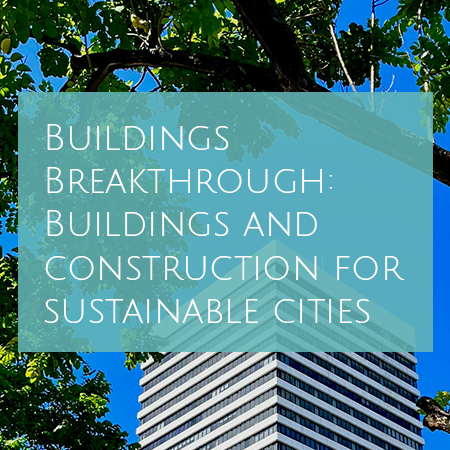
Buildings Breakthrough – Buildings and construction for sustainable cities: New key partnerships for decarbonization, adaptation and resilience
Dec 6, 12:30 to 14:15 GST Al Waha Theatre, Blue Zone, Presidency Space by GlobalABC/UNEP
This high-level COP28 Presidency event, organized in cooperation with the GlobalABC, the Governments of France, Kingdom of Morocco and Canada, the Forest and Climate Leaders’ Partnership (FCLP), the BuildingToCOP Coalition and the High-Level Climate Champions Team, will mark the official launch of the Buildings and Cement Breakthroughs, as well as of the new initiative “Greening Construction with Sustainable Wood” under the FCLP.
Register here to participate.
From around the globe
See how we are working with countries that suffer from adverse climate events and are working towards finding solutions.
India – Healthy Building recommendations with potential to impact millions of people – Watch now

Regulatory Assistance Project (RAP)® launches two new case studies: France, UK
Blowing hot and cold – Reflecting the potential value of air-to-air heat pumps in UK energy policy – considers the potential role of air-to-air heat pumps in decarbonizing homes in Great Britain and how policy might support them. Know more.
Olympic mindset: Making France a heat pump leader. France is a heat pump powerhouse. Sales are soaring, and the country’s heat strategy is prepared for further growth. But challenges remain with upfront costs, subsidies, and energy prices. Explore the future of heat pumps in France in this new paper. Know more.
- IFC – Sustainable Construction in Emerging Markets (Oct 2023)
- EBC – Resilience Issues in Building Energy Code – Adam Hinge (Aug 2023)
Share This Story, Choose Your Platform!
Stay in touch with how we’re transforming the buildings sector
GBPN runs innovative building policy reform programs in key regions around the world that aim to tackle the climate emergency by decarbonising the buildings sector. Stay up to date with our newsletter.
Stay in touch with how we’re transforming the buildings sector
GBPN runs innovative building policy reform programs in key regions around the world that aim to tackle the climate emergency by decarbonising the buildings sector. Stay up to date with our newsletter.

